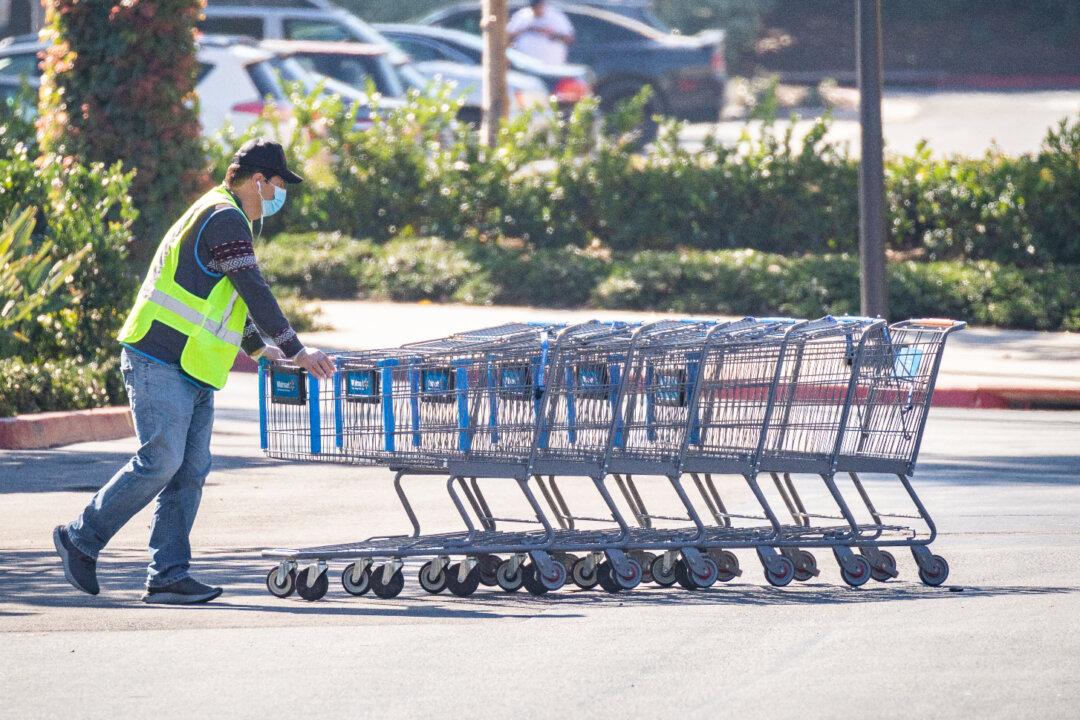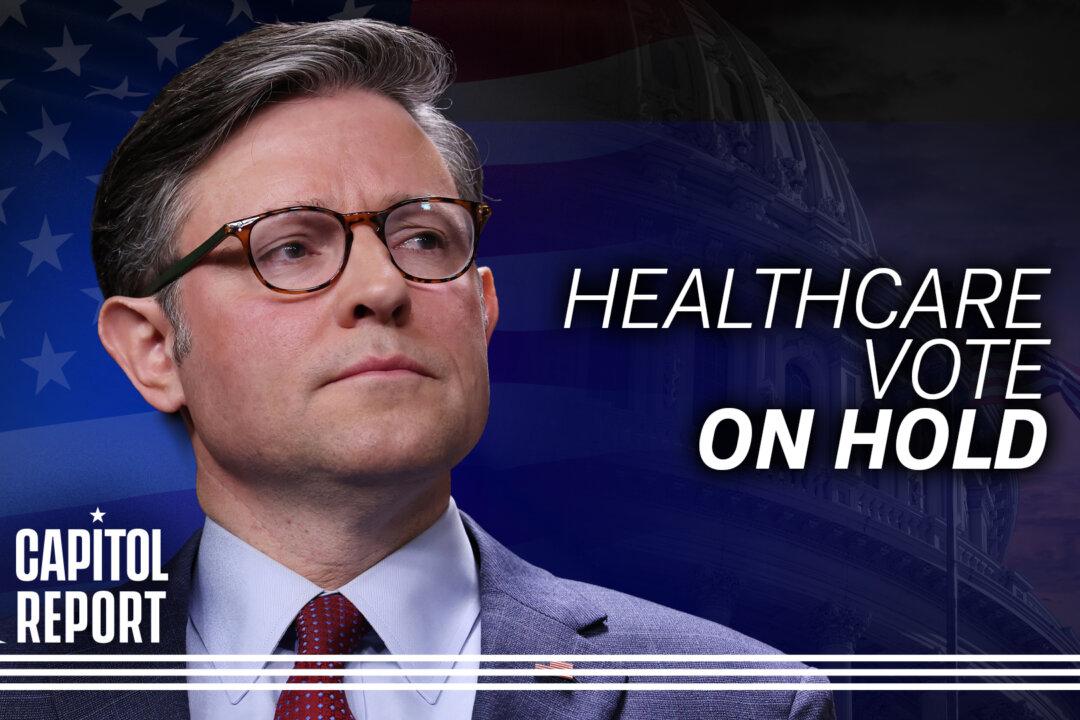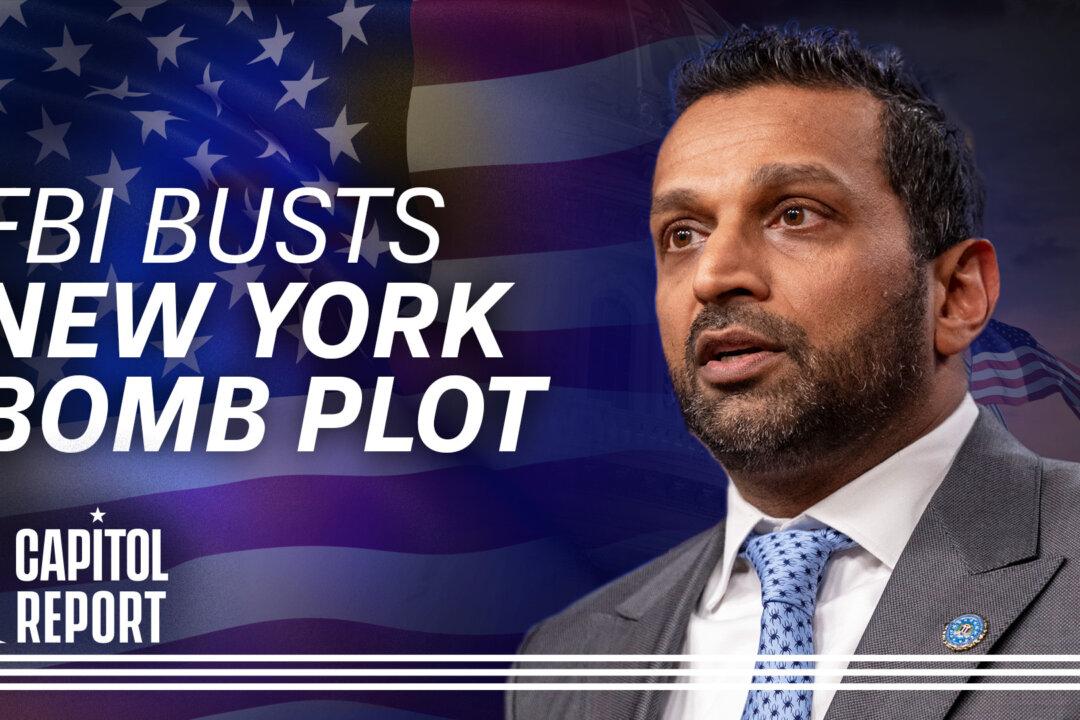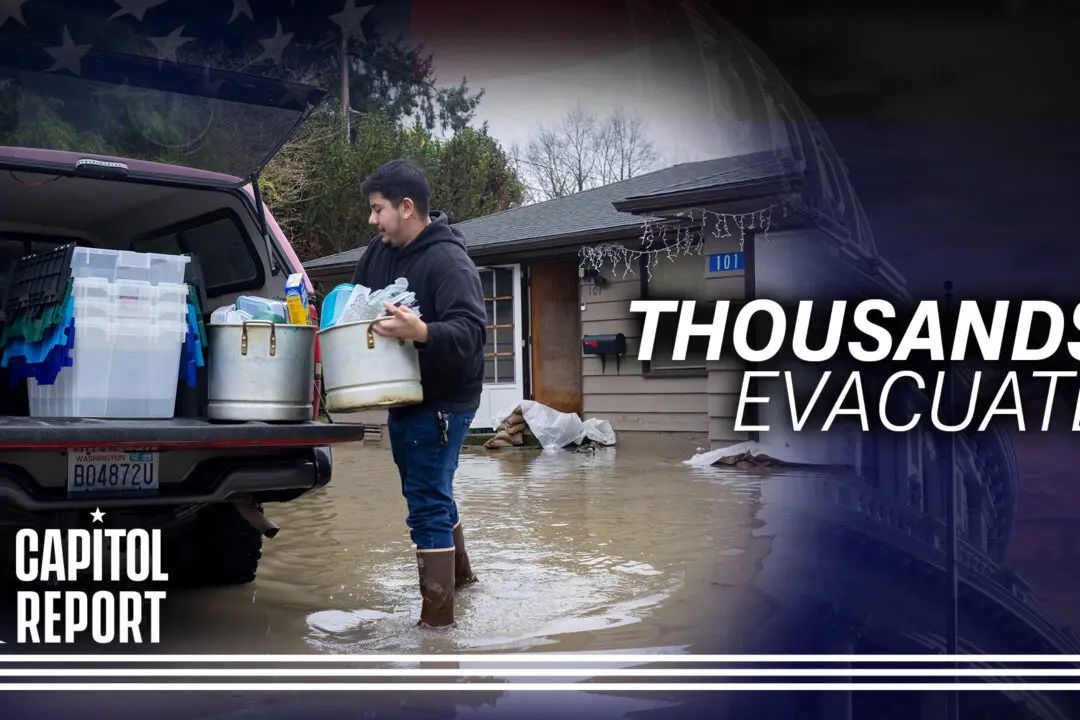Officials in the city of Fullerton are contemplating a temporary “hero pay” wage increase for grocery and retail workers.
The Fullerton City Council will discuss the topic at its June 1 meeting, at the request of councilmembers Jesus Silva and Ahmad Zahra. But other city officials told The Epoch Times the measure is unnecessary.





